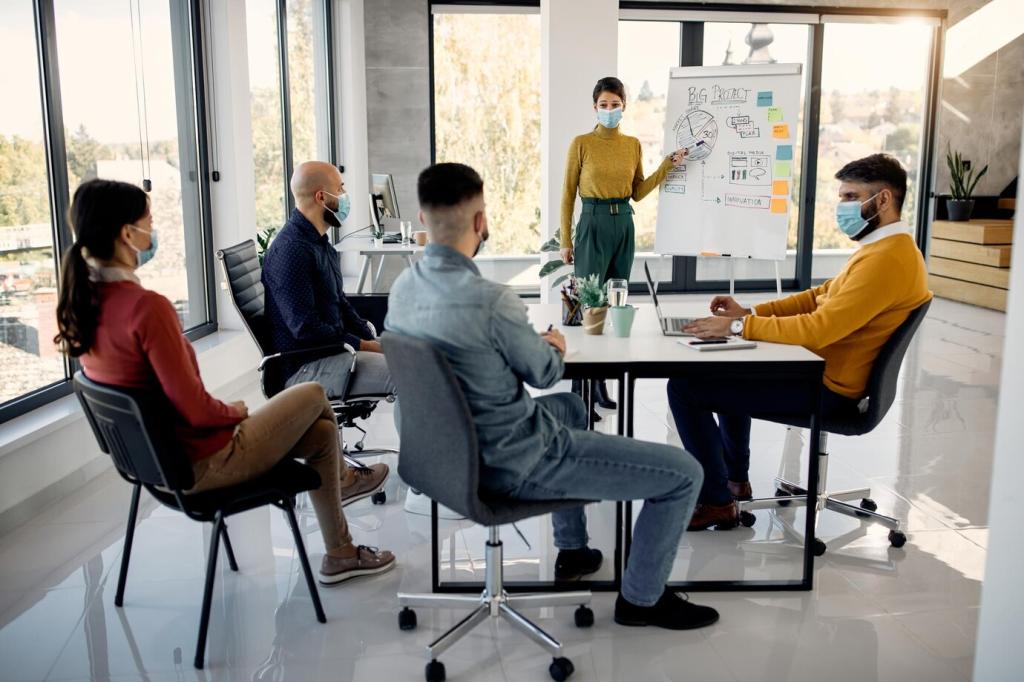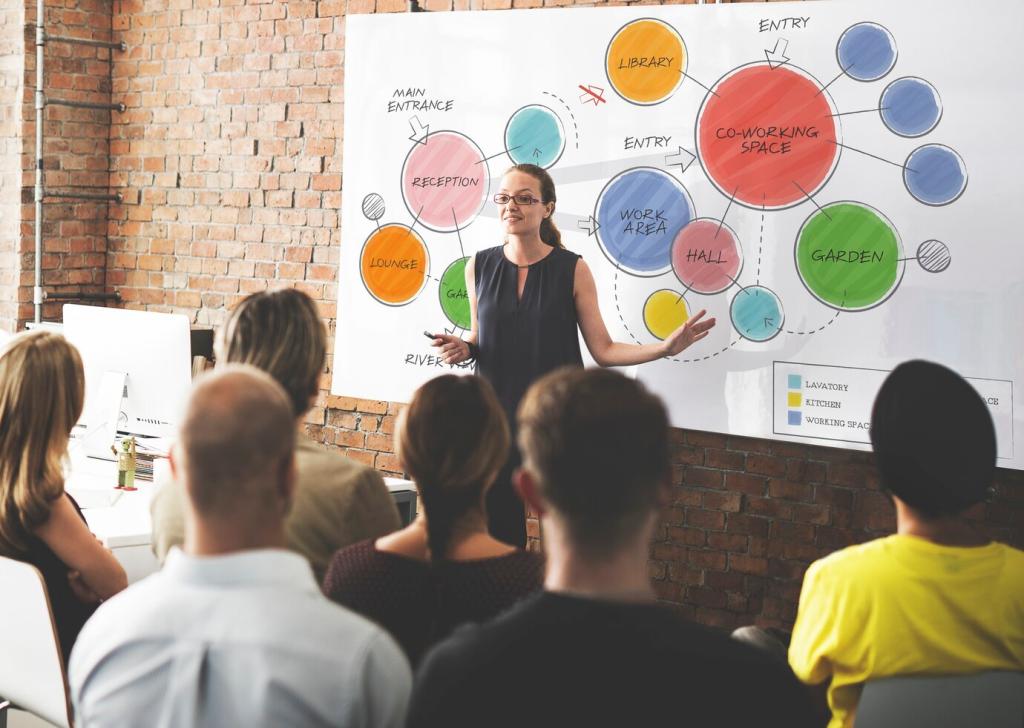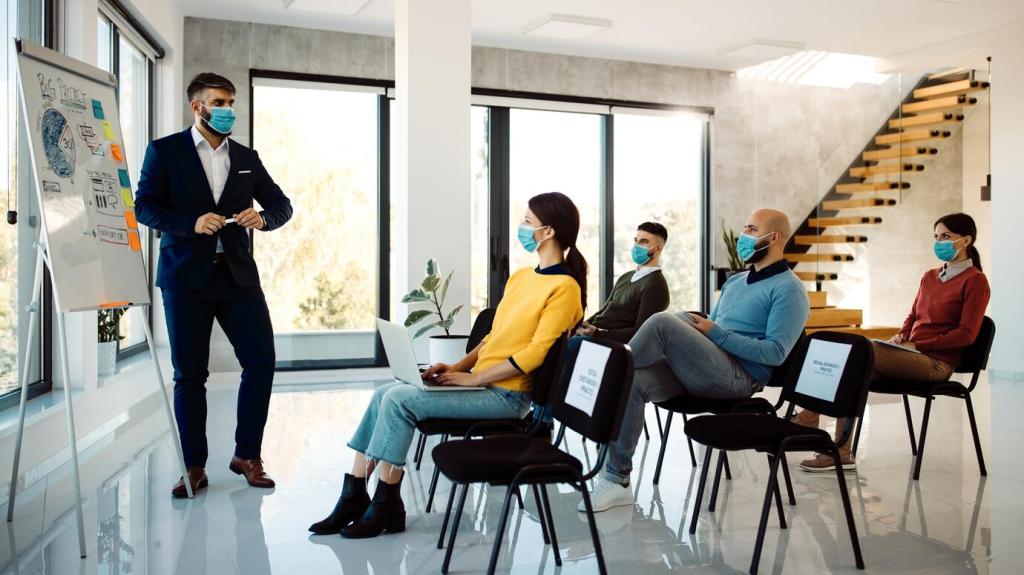Project-Based Workshops on Visual Personalization
Chosen theme: Project-Based Workshops on Visual Personalization. Learn through making as we guide you from idea to tailored visuals that feel truly yours. Join our community, try the prompts, and subscribe for workshop schedules, templates, and hands-on project briefs straight to your inbox.
Why Project-Based Learning Supercharges Visual Personalization
Instead of theory-first lectures, you start with a simple brief and end with a unique, personalized artifact. Each stage—research, concept, prototyping, and polish—converts feedback into visible changes that reflect individual preferences without sacrificing coherence or accessibility.
Toolkits That Empower Personal Aesthetics
Figma for tokens and variants, CSS variables for runtime themes, and lightweight design systems for consistency. Add Procreate or Photoshop for texture, and keep SVGs editable. This combination lets participants explore styles while ensuring outputs remain portable and performance-friendly.
Toolkits That Empower Personal Aesthetics
Color, typography, spacing, radius, motion—encode them as tokens. Participants adjust tokens rather than raw components, keeping personalization coherent. We demonstrate token syncing between design and code so a single semantic change updates prototypes, handoffs, and production previews instantly.



Research That Feels Personal, Not Creepy
Five to seven fifteen-minute conversations reveal preferences, constraints, and contexts. We translate findings into living personas framed by outcomes, not demographics. This keeps biases in check and surfaces concrete visuals people actually want to customize and keep using daily.

Design a profile page that shifts color, density, and motion to match user preference and environment. Learn to set accessible defaults, expose meaningful toggles, and manage edge cases like high-contrast and reduced motion while keeping brand integrity intact and responsive.

Prototype AR overlays that celebrate identity without stereotyping. We experiment with texture palettes, lighting-aware effects, and opt-in face landmarks. The goal is expressive control that feels playful yet considerate, with clear permissions and an emphasis on inclusive representation throughout.

Create a dashboard that reorganizes visuals based on user goals: focus mode, discovery mode, or learning mode. Participants map goals to layout, color cues, and iconography, then test clarity with quick task trials to measure comprehension and satisfaction improvements.
Workshop Cadence, Critique, and Momentum
Time-Boxed Sprints with Demo Days
We split workshops into discovery, design, and polish sprints. Each ends with a short demo and a single improvement goal. Tight loops reduce perfectionism, promote momentum, and highlight how personal choices mature from rough sketches into coherent, branded experiences.


Critique that Serves Goals, Not Taste
We anchor feedback in the brief, accessibility, and metrics. Participants must show how a change supports a user outcome. This practice prevents subjective arguments and turns critique into a collaborative search for clarity, expressiveness, and measurable, respectful personalization.
We track task completion, perceived control, brand affinity, and accessibility compliance. Surveys capture emotional resonance, while analytics verify clarity. The result is a balanced picture that proves when personal choices help people feel understood and accomplish their goals faster.
Measuring Impact and Iterating with Purpose
Run tests with clear hypotheses tied to user goals, not vague preferences. Use small, interpretable variations—like token changes—so results are explainable. We share real test templates, analysis checklists, and a playbook for turning findings into practical workshop improvements.
